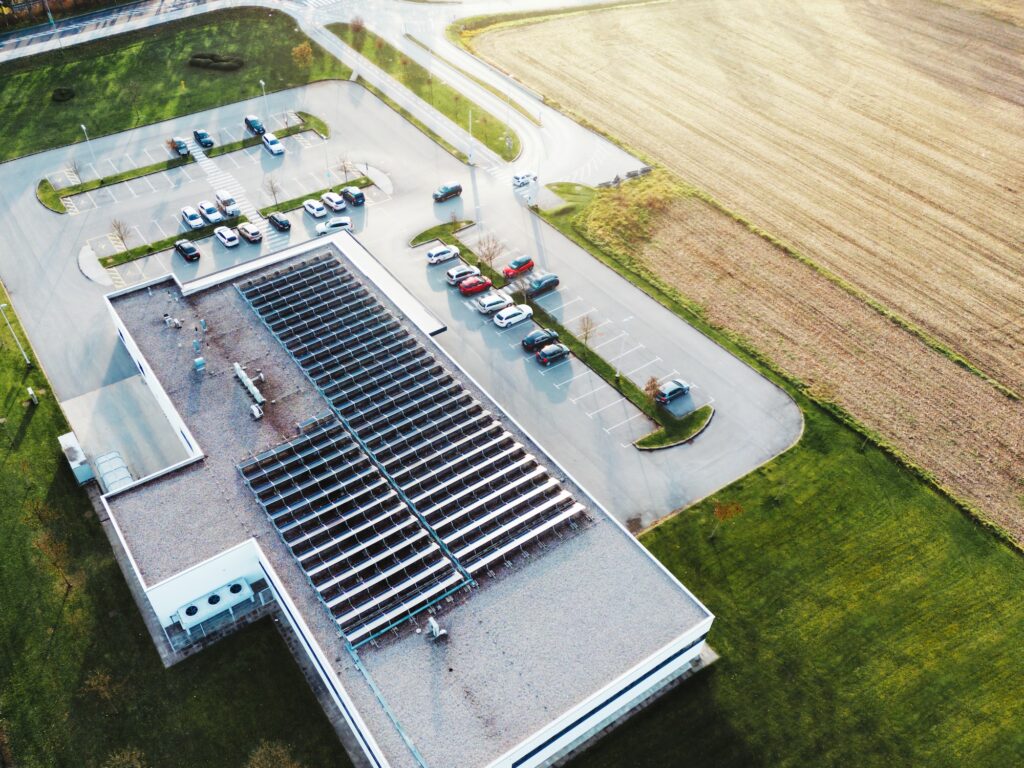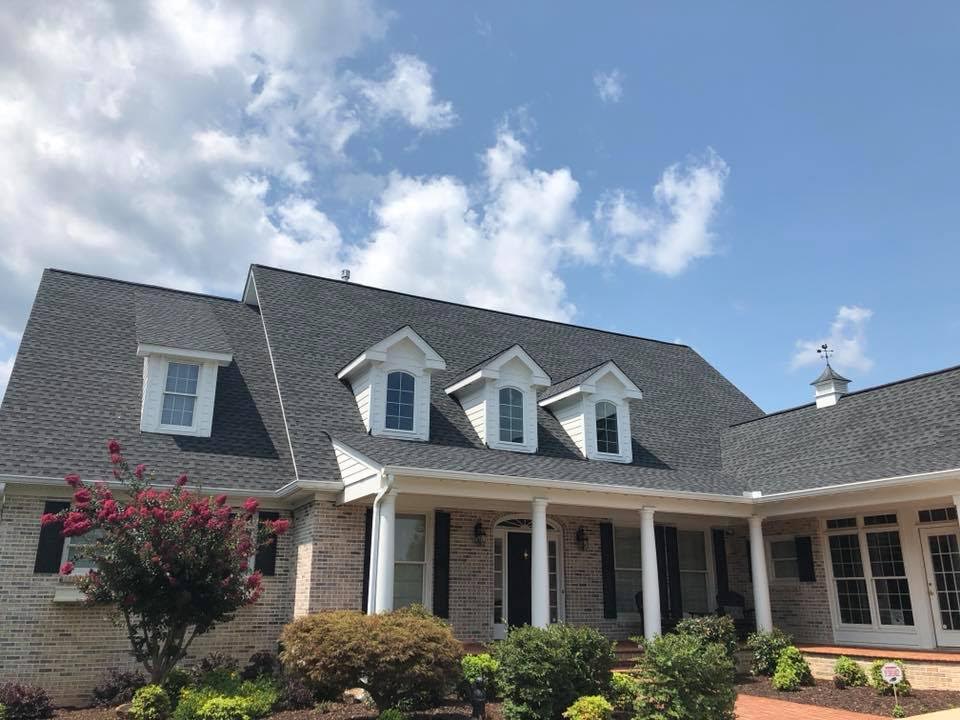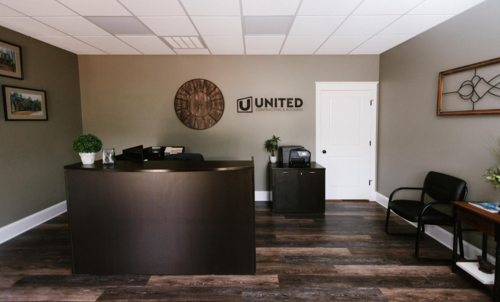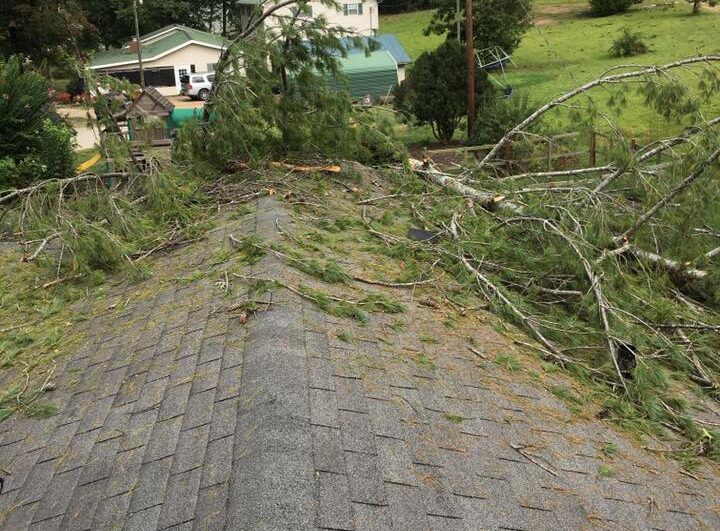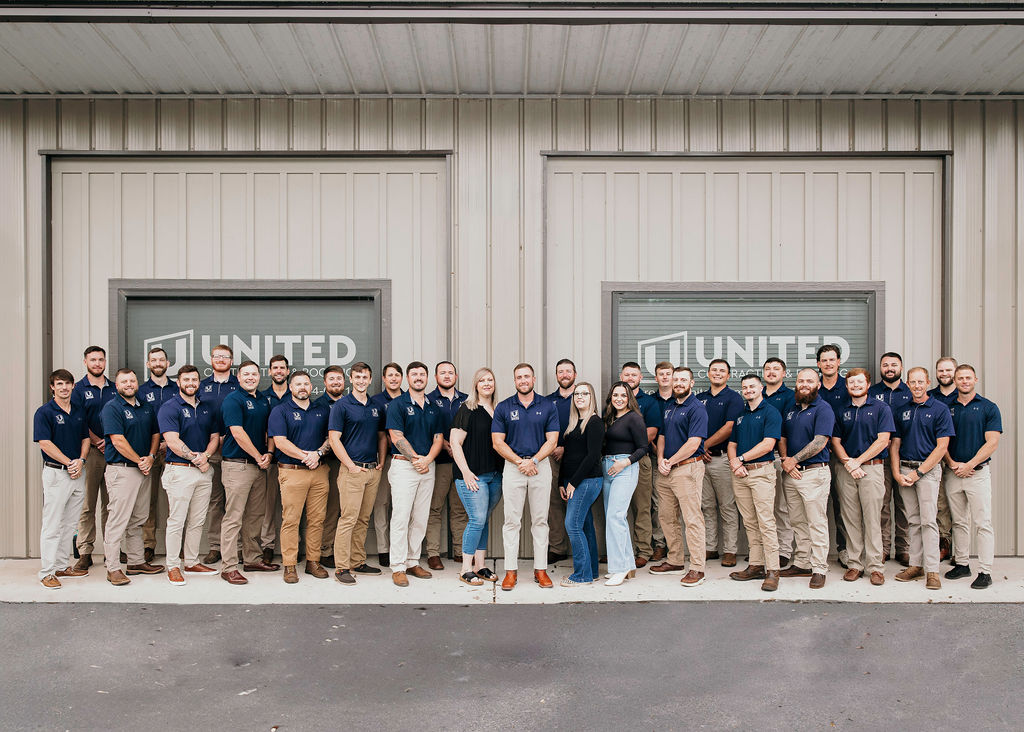When it comes to replacing a commercial roof, timing is crucial. United Contracting & Roofing LLC, located in Greenville, SC, explores the pros and cons of roof replacement in both summer and winter, helping you make an informed decision for your business.
Roof Replacements in Summer
Optimal Weather Conditions
Summer is often considered the best time for roof replacement due to favorable weather conditions. With longer daylight hours, reduced chances of rain or snowfall, and warmer temperatures, summer provides an optimal environment for roofing contractors to complete projects efficiently and effectively. Dry and sunny weather allows for proper installation and faster curing of roofing materials, ensuring a sturdy and durable roof.
Extended Working Time
The extended daylight hours during summer provide roofing crews with increased working time. They can start early in the morning and work until later in the evening, taking advantage of the additional daylight. This expanded working time allows for more progress each day, potentially shortening the overall duration of the roof replacement project.
Scheduling Flexibility
Summer vacations and breaks from school or work often provide an opportune time for property owners to coordinate roof replacement projects without disrupting their daily routines. Additionally, contractors tend to have more availability during the summer, making it easier to secure a preferred date for the roof replacement.
Efficient Material Installation
Certain roofing materials, such as asphalt shingles, benefit from warmer temperatures during installation. The heat helps the shingles to seal and bond properly, ensuring a tight and secure fit. Summer’s warmth facilitates this process, allowing the roofing materials to settle effectively and achieve optimal performance.
Preparation for Winter
Replacing a roof in summer allows homeowners to address any existing issues before the arrival of harsher weather conditions. A new roof protects against winter elements like snow, ice, and freezing temperatures. By proactively replacing the roof during the summer, homeowners can ensure their property remains secure and well-insulated when colder seasons arrive.
Roof Replacements in Winter
Challenges of Winter Weather
Winter weather conditions pose several challenges for roof replacement. Cold temperatures can affect the performance of roofing materials, such as asphalt shingles, making them brittle and prone to damage during installation. Adhesives may also take longer to cure properly, leading to potential issues with sealing and bonding. Working on a roof in freezing temperatures can also be hazardous for the roofers, increasing the risk of accidents and injuries.
Reduced Daylight and Weather Constraints
Winter days are shorter, providing limited daylight hours for roofing work. This can significantly impact the progress of the project, potentially extending the overall duration. Inclement weather conditions, including snow, ice, and freezing rain, are also more frequent during winter, further delaying the roof replacement process and compromising the quality of the installation.
Thermal Efficiency and Energy Loss
During a roof replacement, the roof structure is temporarily exposed. Starting this process in winter means exposing the building’s interior to colder outdoor temperatures, resulting in increased heat loss and reduced energy efficiency. This can lead to higher heating costs and discomfort for occupants until the new roof is fully installed and insulated.
Availability and Scheduling
Roofing contractors often experience a higher demand for their services during warmer months. As a result, their availability may be more limited during winter. Scheduling a roof replacement project during this time can be challenging, and it may take longer to find a suitable contractor to perform the work.
Complications
Winter weather can lead to unpredictable delays and complications during the roof replacement process. Snowfall, ice accumulation, and freezing temperatures can halt work, increase safety risks, and hinder the proper installation of roofing materials. These factors can result in extended project timelines and potentially affect the overall quality of the roof replacement.
Conclusion: Summer or Winter?
While roof replacements can be performed in any season, summer clearly offers more advantages. The favorable weather conditions, extended working time, scheduling flexibility, and efficient material installation make summer the preferred season for roof replacement. However, urgent repairs or unforeseen circumstances may require immediate attention, even in winter. Consulting with a professional roofer can help assess the situation and develop a plan tailored to your needs.
Maintaining a well-kept and structurally sound roof is vital to safeguarding and prolonging the life of any commercial building. Regular roof maintenance and timely replacements ensure overall protection, energy efficiency, and the longevity of your commercial roof.
For expert advice and professional roofing services, contact United Contracting & Roofing LLC.If you want to know more about Indicators of a Bad Roofing Contractor, click here.

